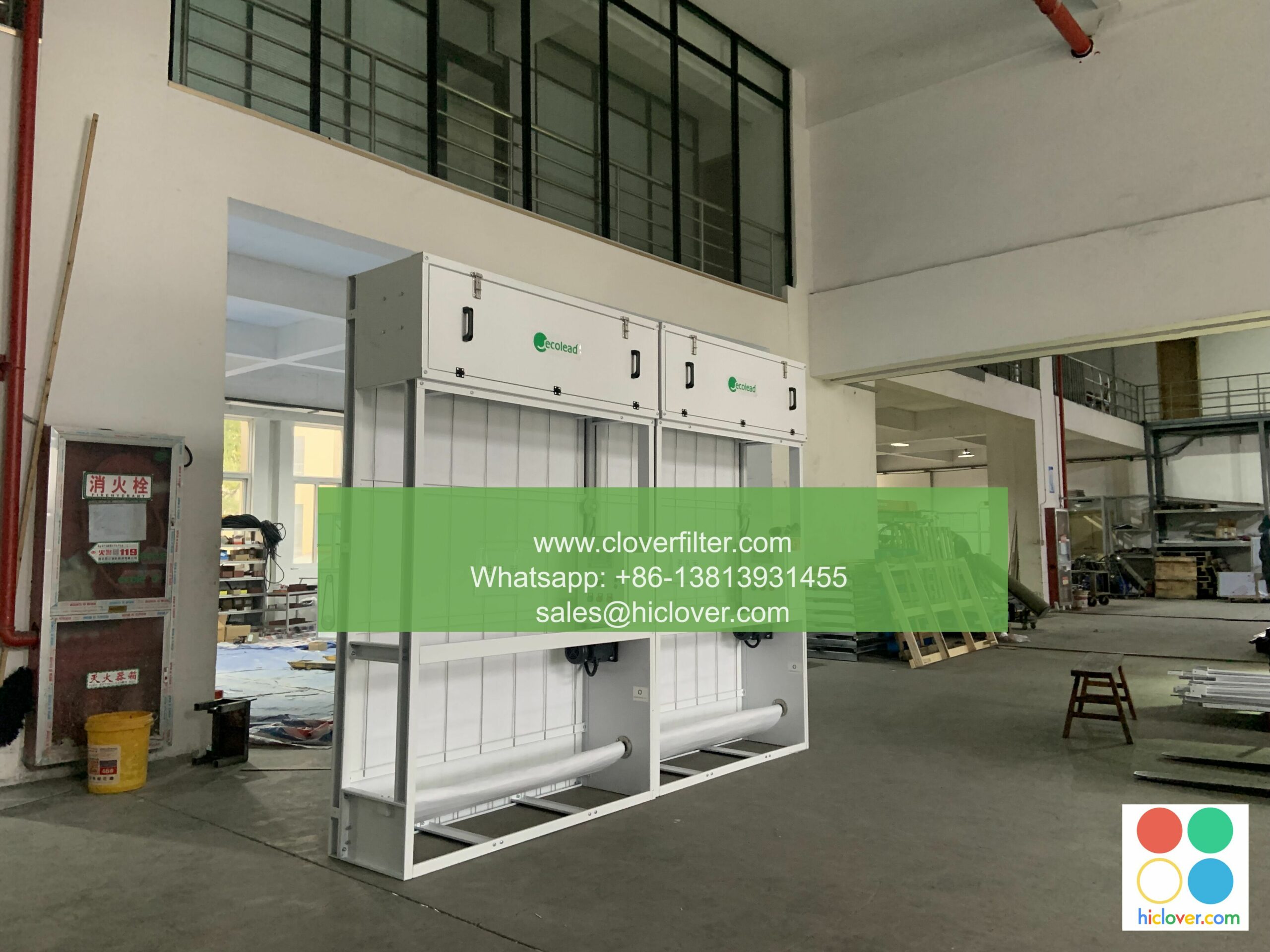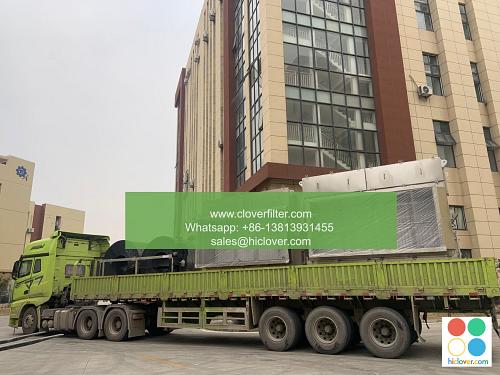The Science Behind Automatic Roll Air Filters in Clean Zones at Sanofi Pasteur Toronto

The Sanofi Pasteur Toronto facility, a leading manufacturer of vaccines, relies heavily on cutting-edge technology to maintain the highest standards of cleanliness and sterility in its production areas. One crucial component in achieving this goal is the implementation of automatic roll air filters in clean zones. These filters play a vital role in ensuring the air quality within the facility meets the stringent requirements necessary for vaccine production. In this article, we will delve into the science behind automatic roll air filters, their applications, and the benefits they provide in maintaining clean zones at Sanofi Pasteur Toronto.
The Science Behind Automatic Roll Air Filters
Automatic roll air filters are designed to capture airborne particles and contaminants, thereby preventing them from entering the clean zones where vaccines are manufactured. These filters operate on the principle of air filtration, where the air is passed through a series of rolls of filter media, which trap particles as small as 0.3 microns, including dust, bacteria, and other microorganisms. The filters are made of a specialized material that is designed to maximize airflow while minimizing pressure drop, ensuring efficient operation and reduced energy consumption.
Key Components and Technologies
The key components of automatic roll air filters include the filter media, the roll mechanism, and the control system. The filter media is typically made of a synthetic material, such as polyester or polypropylene, which is designed to provide high filtration efficiency while minimizing pressure drop. The roll mechanism is responsible for advancing the filter media, ensuring that a fresh section of filter is always exposed to the air stream. The control system monitors the filter’s performance and adjusts the roll mechanism as needed to maintain optimal filtration efficiency.
Applications in Clean Zones
Automatic roll air filters have a wide range of applications in clean zones at Sanofi Pasteur Toronto, including:
* Vaccine production areas: where the filters help to maintain a sterile environment, free from airborne contaminants that could potentially contaminate the vaccines.
* Laboratories: where the filters provide a clean environment for scientists to conduct research and testing.
* Pharmaceutical packaging areas: where the filters help to prevent contamination of the packaged products.
* Cleanrooms: where the filters maintain the highest standards of cleanliness and sterility, necessary for the production of sensitive pharmaceutical products.
Benefits of Automatic Roll Air Filters
The implementation of automatic roll air filters in clean zones at Sanofi Pasteur Toronto provides several benefits, including:
* Improved air quality: the filters capture airborne particles and contaminants, ensuring that the air within the facility meets the required standards.
* Increased efficiency: the filters operate automatically, reducing the need for manual intervention and minimizing downtime.
* Reduced energy consumption: the filters are designed to minimize pressure drop, reducing energy consumption and operating costs.
* Enhanced product quality: the filters help to prevent contamination of the products, ensuring that they meet the required standards of quality and sterility.
Conclusion
In conclusion, automatic roll air filters play a critical role in maintaining the cleanliness and sterility of clean zones at Sanofi Pasteur Toronto. The science behind these filters is rooted in the principles of air filtration, and their applications are diverse, ranging from vaccine production areas to laboratories and pharmaceutical packaging areas. The benefits of these filters are numerous, including improved air quality, increased efficiency, reduced energy consumption, and enhanced product quality. As the demand for clean and sterile environments continues to grow, the importance of automatic roll air filters will only continue to increase, making them an essential component in the production of high-quality pharmaceutical products.

